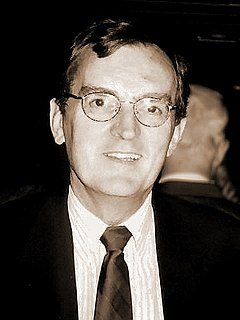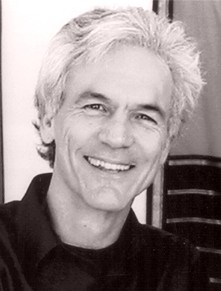A Quote by Friedrich Nietzsche
As a human being Plato mingles regal, exclusive, and self-contained features with melancholy compassion.
Quote Topics
Related Quotes
Compassion and mercy are important, period. It doesn't matter who's at our receiving end, but we need to be flexing those muscles. It's not mutually exclusive: If you have compassion for children starving in Africa, it doesn't mean you can't have compassion for adults in Africa or animals that are being tortured and abused.
The human being is that space in which the comprehensive compassion that pervades the universe from the very beginning now begins to surface --within consciousness. (As compared with the natural displays of compassion by other creatures that is not necessarily 'within consciousness. ') That's the only difference. We didn't create compassion, but it's flowing through us-or it could. The phase change that we're in seems, to me, to depend upon that comprehensive compassion unfurling in the human species.
When you meet another human being, you meet the physical self, then you meet the psychological self that's behind it, which is their mental conditioning, their patterns of behavior and so on. And then, there is a deeper level to every human being that transcends all of that. I can only sense that in another human being and relate to another human being on that deeper level if I have gone deep enough within myself.
My curiosity, alas, is not the kind that can be satisfied by objective knowledge. Plato said that opinion is worthless and that only knowledge counts, which is a neat formulation. ... But melancholy Danes from the northern mists understand that opinion is all there is. The great questions transcend fact, and discourse is a process of personality. Knowledge cannot respond to knowledge. And wisdom? Is it not opinion refined, opinion killed and resuscitated upward? Maybe Plato would have agreed with this.
Modern man, seeking a middle position in the evaluation of sense impression and thought, can, following Plato , interpret the process of understanding nature as a correspondence, that is, a coming into congruence of pre-existing images of the human psyche with external objects and their behaviour. Modern man, of course, unlike Plato , looks on the pre-existent original images also as not invariable, but as relative to the development of a conscious point of view, so that the word "dialectic" which Plato is fond of using may be applied to the process of development of human knowledge.
Human beings, in a sense, may be thought of as multidimensional creatures composed of such poetic considerations as the individual need for self-realization, subdued passions for overwhelming beauty, and a hunger for meaning beyond the flavors that enter and exit the physical body. A person might even be described as a self-contained multiverse.
Compassion asks us to go where it hurts, to enter into the places of pain, to share in brokenness, fear, confusion, and anguish. Compassion challenges us to cry out with those in misery, to mourn with those who are lonely, to weep with those in tears. Compassion requires us to be weak with the weak, vulnerable with the vulnerable, and powerless with the powerless. Compassion means full immersion in the condition of being human.










































